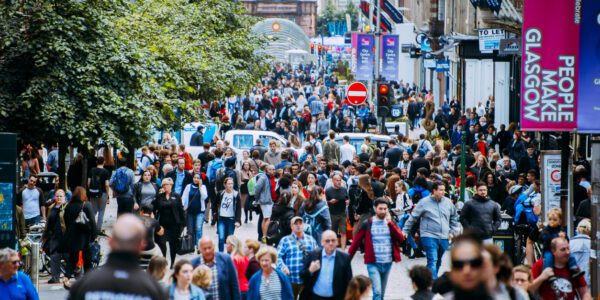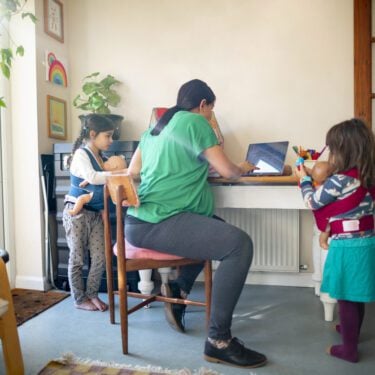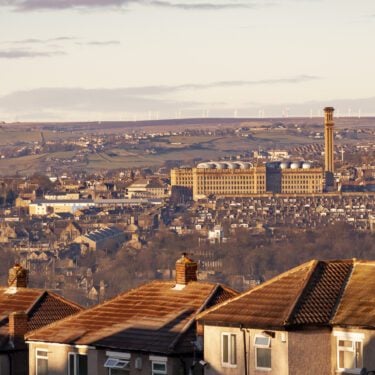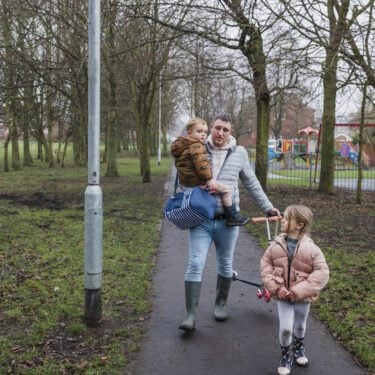-
Dr Sarah KyambiMigration Policy Scotland
-
Dr Rebecca KayMigration Policy Scotland
Project overview
This project will investigate how racial diversity is perceived and experienced by migrant and racially diverse communities in Scotland.
Why this project is important
Scotland’s racial diversity is changing rapidly, driven in large part by the fastest growth in migration among UK nations in recent decades. Scotland’s demographic and workforce challenges drive a long-term need to attract new people, recognised by Scotland’s relatively more receptive political and social consensus on immigration.
This consensus, combined with devolved powers across many social policy areas, provides an opportunity to pilot proactive, positive strategies and generate learning which could be extended to other regions of the UK.
What it will involve
The research will address the following questions:
- What do public attitudes to immigration in Scotland tell us about opportunities and barriers to building a positive, racially diverse society? How do these differ between locations and socio-demographic groups?
- How do people living in specific areas of Scotland experience changing racial diversity? How are their experiences shaped by social infrastructure, social relationships, and everyday encounters? How do these experiences differ across socio-demographic groups, including new and longer-established migrant populations and racially diverse (including white) Scots? What is the role of social media as a bridge or barrier to real world spaces, services, and social interactions?
- What evidence-based interventions can be designed to suit the dynamic diversity of specific locations within Scotland? How can local pathfinder interventions connect to wider policy frameworks and promote lasting change across Scotland and the UK?
The research will be completed in four stages:
- Literature review and background research to identify existing measures and interventions.
- Quantitative evidence gathered through Migration Policy Scotland’s Attitudes to Immigration in Scotland survey, focusing on social contact, everyday encounters, and attitudes towards integration and inclusion.
- Qualitative evidence exploring experiences of racial diversity through expert interviews; questionnaire-based interviews with residents; focus groups; and longer semi-structured follow up interviews with focus group participants.
- Policy laboratories involving policy and community stakeholders in facilitated conversations and engagement to co-develop feasible, fundable, and effective solutions. The policy labs will design pathfinder interventions and plans for trialling and evaluating them.
How it will make a difference
The intended impact is the take up of evidence-based learning by practitioners and policymakers about the role of social infrastructure – the ecosystem of formal and informal places, spaces, services and networks in any given place – in building better outcomes for an increasingly diverse society.










































